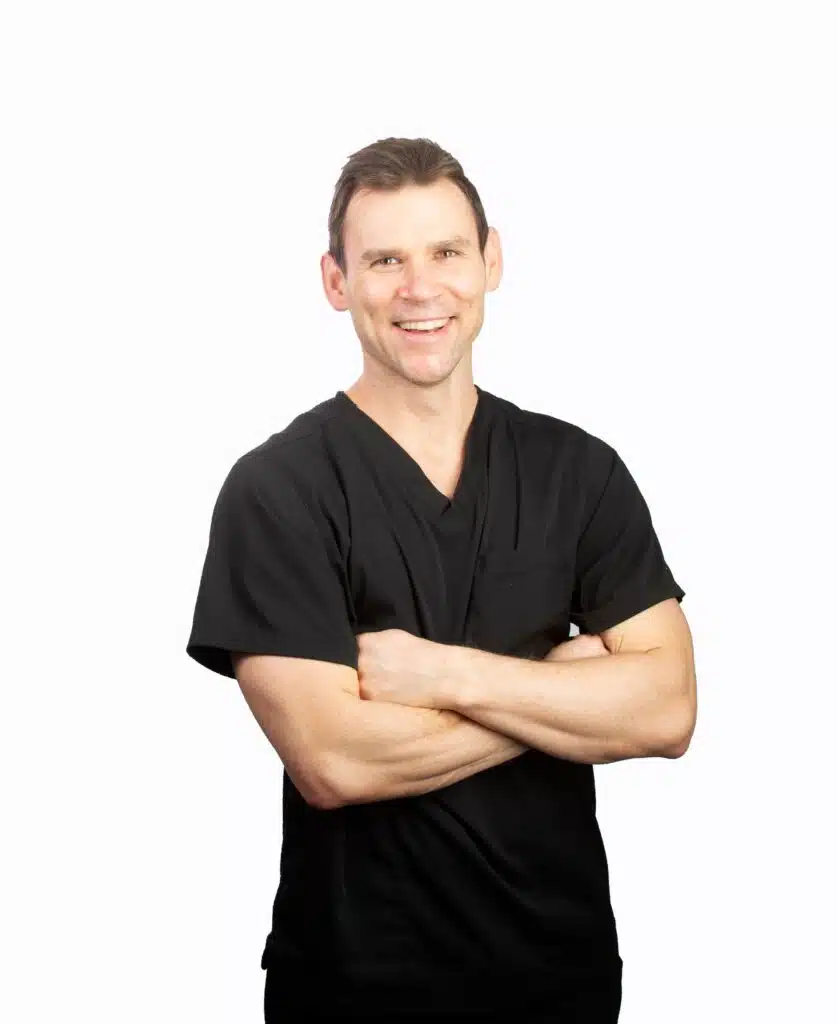General Procedure
When restoration procedures such as root canal therapy, crowns, or fillings are not enough to save a tooth, it may need to be pulled, or extracted.
Tooth extraction procedures today are far less painful than ever before, thanks to powerful anesthetics and sedatives. In many cases, a patient who has tooth pulled experiences little or no discomfort, and only minor bleeding.
Before a tooth is extracted, the area surrounding the tooth is numbed with a topical/and or injectable anesthetic such as Novocaine.
Patients with extracted teeth sometimes need to take an antibiotic, and at the very least, take precautions following the procedure to ensure that infection doesn’t occur.
Smoking, vigorous brushing and rinsing, and drinking liquids through straws are discouraged during the post-operative period because they hinder healing and may cause the wound to open. Cold compresses applied to the outside cheek near the extraction area can help reduce any swelling and promote faster healing.
Wisdom Teeth
Wisdom teeth are the third and final set of molars that erupt in the back corners of the upper and lower normal adult mouth. Unfortunately, most people experience problems from wisdom teeth; in most cases, this is because the teeth erupt too close to existing permanent teeth, causing crowding, improper bites, and other problems.
If wisdom teeth are causing a problem, this could mean that they are impacted. Impacted wisdom teeth can be extremely painful, as well as harmful to your oral health. Symptoms are easy to spot: severe discomfort, inflammation, and some kinds of infections.
Many people need to have their wisdom teeth extracted to avoid future serious problems. In general, the lack of the four wisdom teeth does not hamper one’s ability to properly bite down, speak or eat.
If you experience any of the following symptoms, you may have an impacted wisdom tooth:
- Facial swelling
- Infection
- Pain
- Gum swelling
Dr. Kyle Eberhardt enjoys helping patients achieve better overall health through enhanced dental care. He earned his Doctor of Dental Surgery degree in 2007 and has since pursued continuing education in the field of dentistry. He is committed to lifelong learning and has received a fellowship from the Midwest Implant Institute in Ohio. He has also pursued advanced training with CEREC doctors in Arizona and North Carolina.



